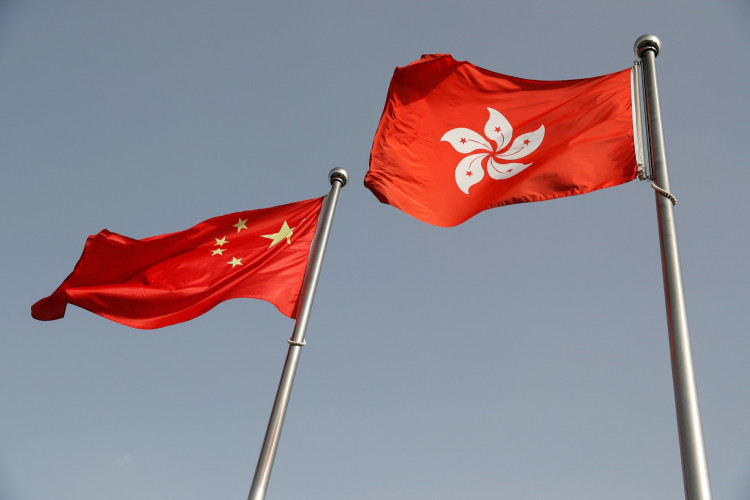China's top official on Hong Kong affairs, Xia Baolong, has called on the city to "tightly hold" onto the bottom line of national security to safeguard its development. In a speech marking an annual national security day, Xia, the director of Beijing's Hong Kong and Macau Affairs Office, emphasized the importance of maintaining stability to ensure Hong Kong's continued prosperity.
"To move towards governance and prosperity, we need to tightly hold onto the bottom line of national security in order to safeguard the high quality development of Hong Kong," Xia stated. His remarks come just weeks after the enactment of sweeping new security laws in the city, known as Article 23.
The new legislation, enacted in March, updates or introduces laws prohibiting treason, sabotage, sedition, the theft of state secrets, and espionage, with offenders facing up to life imprisonment. The move has drawn criticism from Western nations, who view it as a tool for authorities to clamp down on dissent in the city.
However, Xia sought to allay concerns, particularly among foreign investors, stating, "For the general public of Hong Kong and foreign investors, this law is the protector of their rights, freedoms, property and investment." He added, "Investors from all over the world can come to Hong Kong to invest in new businesses bravely and without concerns. Hong Kong remains the best place in the world to do business and make money and achieve your dreams."
Despite these assurances, the United States and Britain have expressed their apprehension about the new law. The U.S. Consulate General in Hong Kong recently updated its travel advisory, urging visitors to "exercise increased caution" in light of the new national security legislation. Similarly, Canada has advised its citizens to "exercise a high degree of caution in Hong Kong due to the risk of arbitrary enforcement of local laws."
The new legislation comes in addition to the national security law directly imposed by China on Hong Kong in 2020, following mass pro-democracy protests in the city. Beijing maintains that these laws are necessary to safeguard Hong Kong's stability and prosperity.
Since the implementation of the Beijing-imposed national security law, more than 290 people have been arrested, with 174 individuals and five companies charged. Among those charged is prominent China critic and businessman Jimmy Lai, who is currently on trial and could face life imprisonment.
The security laws have also been used to jail scores of leading Hong Kong democrats, including Joshua Wong, while liberal media outlets and civil society groups have been shut down. These actions have further fueled concerns among Western nations about the erosion of freedoms and autonomy in the city.






